Description
Monosodium Glutamate (MSG) is a sodium salt of glutamic acid, an amino acid naturally found in many foods like tomatoes and cheese. It is widely used as a flavor enhancer to intensify the umami taste in various dishes.
Properties of MSG
- Physical Properties:
- White crystalline solid
- Highly soluble in water but not in organic solvents
- Melting point: 232°C
- No distinct odor
- Chemical Properties:
- Molecular formula: C₅H₈NO₄Na
- pH range: 6.7 to 7.2
- Exists in zwitterionic form in solution
Uses & Applications
MSG is commonly used in:
- Food Industry:
- Found in broths, soups, canned vegetables, gravies, meats, poultry, and sauces
- Used in instant ramen noodles and spice blends
- Enhances umami flavor in various cuisines, especially in Chinese and Japanese dishes
- Pharmaceuticals:
- Used in the treatment of hepatic coma
- Cosmetics:
- Acts as a surfactant in facial creams
- Agriculture & Animal Feed:
- Used as a flavor enhancer to improve animal feed
Advantages of MSG
- Enhances flavor without adding extra sodium
- Reduces overall salt intake while maintaining taste
- Naturally present in foods like tomatoes and Parmesan cheese
- Recognized as safe by the FDA, though some concerns exist regarding excessive consumption
MSG has been debated for its health effects, but scientific studies have found no conclusive evidence linking it to adverse reactions at normal consumption levels.

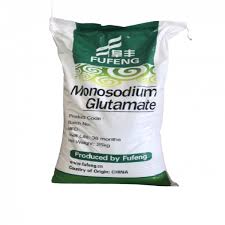
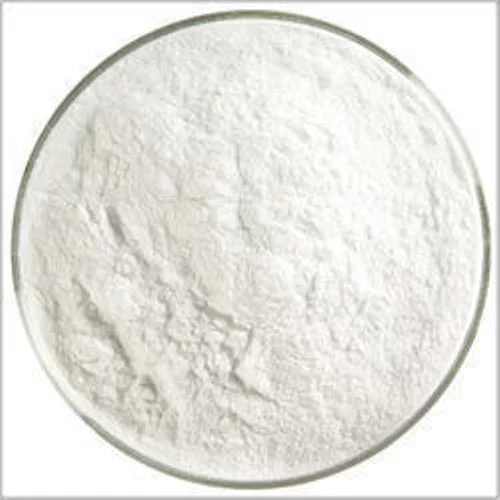
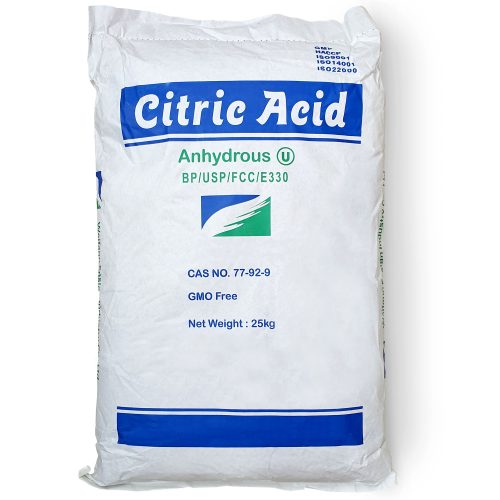
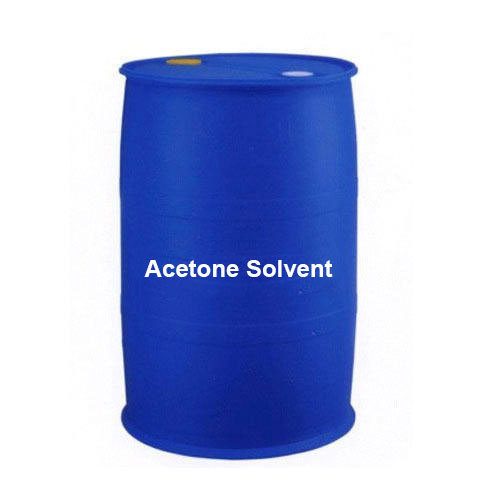
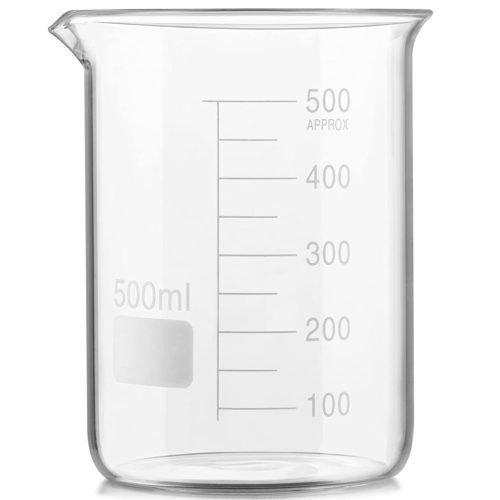
Reviews
There are no reviews yet.